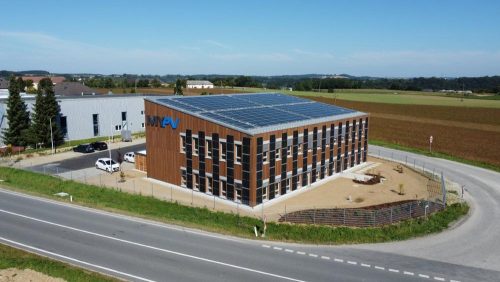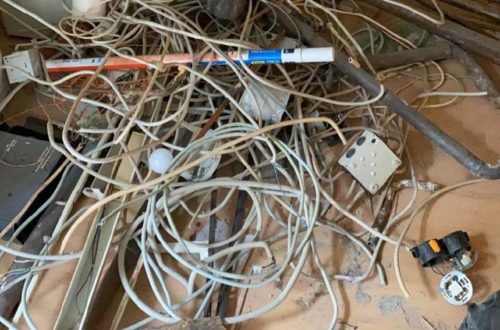EU Commission’s Farm-to-Fork strategy: UFOP misses economically sustainable perspective
UFOP recalls that, with the 1992 reform of the EU’s Common Agricultural Policy (CAP), European agriculture – especially the cultivation of oilseeds – has immediately found itself being confronted with an intense global price competition. UFOP stresses that it is only logical from an economic perspective to further refine and value-add the raw material and to create new sales markets within and outside the European Single Market.
UFOP welcomes the fact that the EU Commission wants to create closer consumer ties through greater transparency and a greater focus on regionality. At the same time, this approach is subject to conditions which question the economic perspective. On the one hand, the EU Commission underlines the need to supply a growing world population; on the other hand, farmers have limited responsibility in choosing the innovations available to them. This applies not only to crop protection but also to the use of new plant breeding technologies. If farmers are not able to use progress in all its diversity and the synergy effects associated with it, agriculture will lose the race against climate change. The Union claims that this is no longer a vision, but a reality that arable farms are actually facing.
UFOP is disappointed that the possibilities for using biomass for energy are not being recognised or further developed as an option. The combination of biofuels from rapeseed to operate agricultural machinery with high power requirements and the use of electricity, for example, from photovoltaic systems, could jointly make an effective contribution to reducing greenhouse gas emissions on farms. GMO-free rapeseed meal generated by processing rapeseed into biofuels would in turn replace soya imports from overseas. According to the Union, this is an example of a holistic bio-economic approach that combines regionality, value protection, climate protection and consumer acceptance. It is a question of “how” these possibilities could be implemented, highlights UFOP, and thus underlines the willingness of the industry to engage in dialogue.
The Union for the Promotion of Oil and Protein Plants e. V. (UFOP) represents the political interests of companies, associations and institutions involved in the production, processing and marketing of domestic oil and protein plants in national and international bodies. UFOP supports research to optimise agricultural production and for the development of new recycling opportunities in the food, non-food and feed sectors. UFOP public relations aim to promote the marketing of domestic oil and protein plant end products.
UFOP – Union zur Förderung von Oel- und Proteinpflanzen e.V.
Claire-Waldoff-Str. 7
10117 Berlin
Telefon: +49 (30) 319042-02
Telefax: +49 (30) 319044-85
http://www.ufop.de
Telefon: +49 (30) 31904-225
E-Mail: s.arens@ufop.de
UFOP e. V.
Telefon: +49 (30) 31904-215
Fax: +49 (30) 31904-485
E-Mail: d.bockey@ufop.de
![]()




